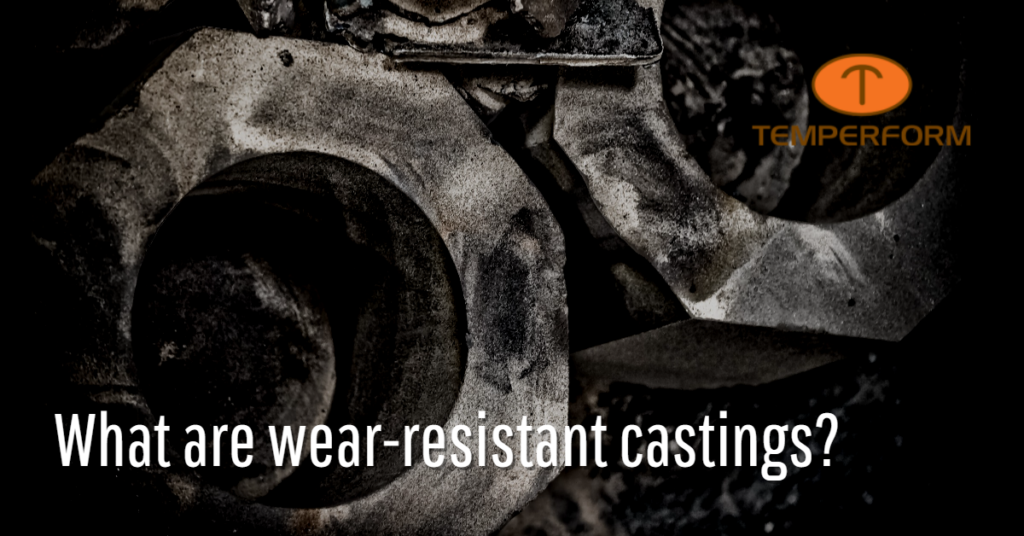
Wear-resistant castings are metal components designed and produced to withstand repeated abrasion, impact, or other types of wear caused by friction between moving surfaces. These castings are typically made of steel, iron, or other alloys formulated with high levels of carbon, chromium, manganese, and other elements that increase their hardness and resistance to wear. Today, we’ll focus on steel castings.
What types of steel are used in wear-resistant castings?
Steel is commonly used in wear-resistant castings due to its high strength and durability. Several types of steel are specifically designed for wear resistance, including:
- High Manganese Steel: This type of steel contains around 11-14% manganese and is known for its excellent impact resistance and work-hardening properties. High manganese steel is commonly used in mining equipment, crusher wear parts, and shot blast equipment.
- Hadfield Steel: Hadfield steel is a type of high manganese steel with around 12-14% manganese and 1-2% carbon. It is known for its extreme toughness and wear resistance and is often used in crushers, railway points, and earthmoving equipment.
- Low Alloy Steel: Low alloy steel is a type of steel that contains small amounts of other alloying elements such as chromium, nickel, and molybdenum. These elements improve the strength and hardness of the steel, making it more wear-resistant. Low alloy steel is commonly used in grinding balls, rolling mill rolls, and impact plates.
- Tool Steel: Tool steel is a high-carbon steel with alloying elements such as tungsten, vanadium, and molybdenum. Tool steel is known for its exceptional hardness, toughness, and wear resistance, making it ideal for cutting tools, dies, and molds.
In addition to these types of steel, specialized steel alloys such as boron steel are designed for specific applications and offer unique properties such as increased hardness and wear resistance. Steel is a versatile material that can be tailored to specific wear-resistant casting applications based on the required properties and performance criteria.
At Temperform, we offer:
- Heat resistant
- Corrosion resistant
- Abrasion resistant
- Nickel base alloys
- White irons
- Ni-hard irons
- Tool steels
- Low alloy steels
- Engineered alloys
- A technical staff with 60 years of steelmaking experience to tailor the alloy best for your specific application.
Where are wear-resistant castings used?
Wear-resistant castings are commonly used in industrial mining, construction, cement production, and power generation. Examples of components that are often made with wear-resistant castings include crusher jaws, hammer mill hammers, excavator buckets, grinding balls, and conveyor chains. By using wear-resistant castings, companies can extend the lifespan of their equipment, reduce downtime and maintenance costs, and improve overall efficiency and productivity.
Do you need wear-resistant castings? Contact the team at Temperform for more information.
*This blog was written with the assistance of ChatGPT.